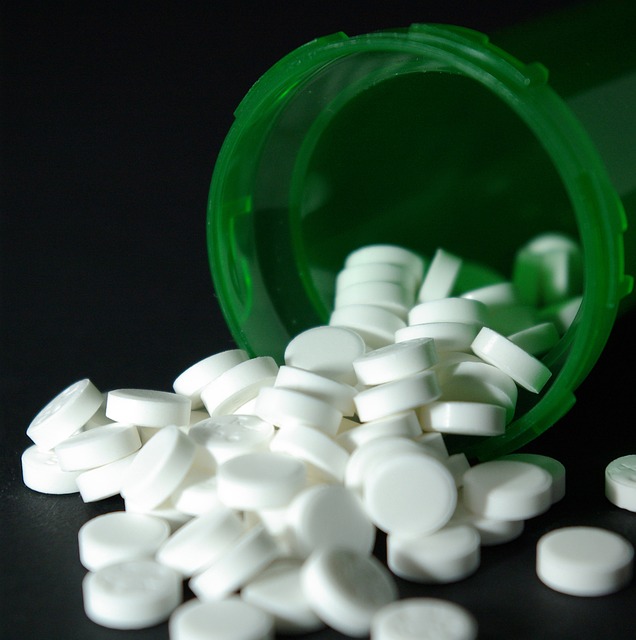If you imagine your loved one standing on a lonely street corner waiting for a drug dealer, your perception may be dangerously wrong. A new Centers for Disease Control and Prevention report discovered that most people who abuse painkillers get the drugs for free from the people they trust most: friends and family. > Sharing Medication with Deadly Consequences Prescription painkillers such as hydrocodone, hydromorphone, Vicodin, Percocet, and OxyContin are causing the deadliest substance abuse problem ever faced by the American people, the CDC notes. Over the past 10 years, people who abuse prescription drugs increasingly visit emergency rooms from near-fatal overdoses. Painkillers cause more hospital visits than any other drug besides alcohol, and the numbers are rising every year. In the past, doctors and addiction professionals assumed that people who abuse drugs purchased their supplies through illicit means. These illicit means could include buying from a stranger on the street or getting multiple prescriptions from multiple doctors, a habit known as doctor shopping. These users, the CDC found, usually have a high tolerance for their drugs of choice — making deadly overdose less likely. In fact, only 15 percent of people who abuse painkillers purchase drugs this way, according to the CDC. So why has there been a skyrocketing number of emergency room visits for overdose? Look in your own medicine cabinet. The vast majority of people who overdosed on a prescription drug got the drug for free from a friend or relative. Because these users may not have the tolerance for the drug and may combine it with alcohol, the risk of potential fatal overdose rises significantly. In addition, the more frequently a person abuses drugs, the more likely physical dependence and prescription drug addiction will develop. Staying Safe Preventing accidental overdose begins with you. Never give anyone your prescription medication, even if there appears to be a legitimate reason. If your loved one needs medical assistance, he can get his own prescription. Also, keep your medicine safely stored, behind lock and key if necessary. Never throw out unused pills, and call your local hospital or police station for advice on safe disposal. If you suspect that a loved one is abusing drugs, keep a careful eye on his or her behavior. Is your loved one having problems with work, finances, or school? Is he spending more time alone, or with a new crowd? Physical side effects, such as falling asleep periodically or having trouble concentrating, are more signs. Never ignore a persistent little voice warning you that trouble is ahead, because getting help from a prescription drug or pain management rehab early can make the difference between a healthy and addictive lifestyle. (Photo via)

